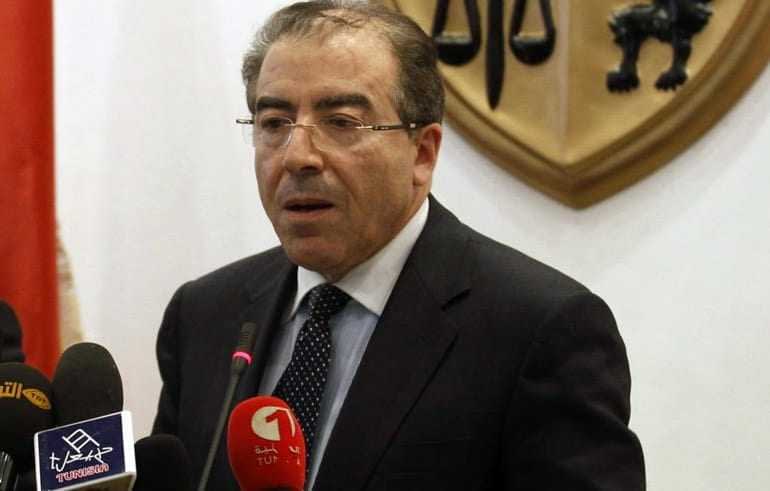
In response to Vladimir Putin’s retaliatory ban on European goods, Tunisia has agreed to replace olive oil. Olive oil, coffee, and wine are not part of the Russian ban, however, according the Russian news agency Itar Tass, Tunisian Foreign Minister Mongi Hamdi said European olive oil was of inferior quality anyway, and he therefore graciously agreed to provide Tunisian olive oil “without intermediaries.”
European countries were expected to lose about $9 billion in revenue as a result of the ban ordered by President Vladimir Putin in response to sanctions related to the conflict in Ukraine.
According to a research report prepared by Argon International for the International Olive Council, olive oil in Russia is considered a specialty product mostly consumed by the elite. However, in an effort to broaden the market, European producers, and Spain in particular, have engaged in vigorous marketing campaigns.
Following two preliminary meetings in the spring of this year, Hamdi met Tuesday with Russian minister Sergueï Lavrov in Moscow to improve relations between the two countries and set a “development example for countries that had Arab Spring revolutions.” Relations between the two countries have not met expectations in the past, he said.
In addition to a trade agreement, Tunisia received a $500 million loan from Russia, according to the ANSAmed Italian news agency.








